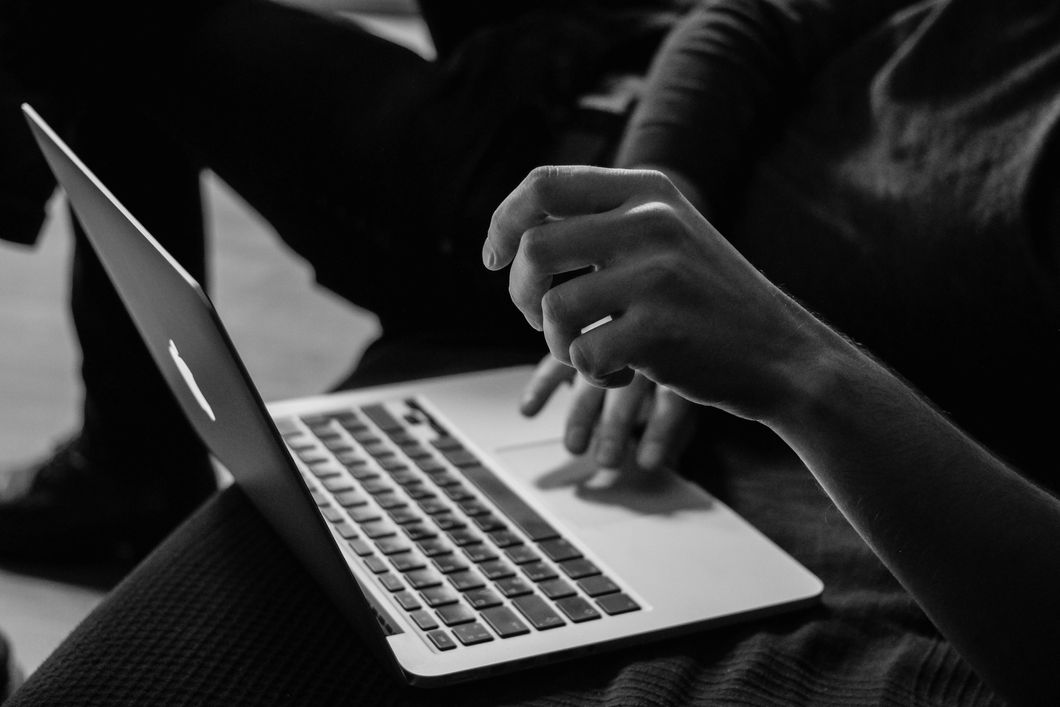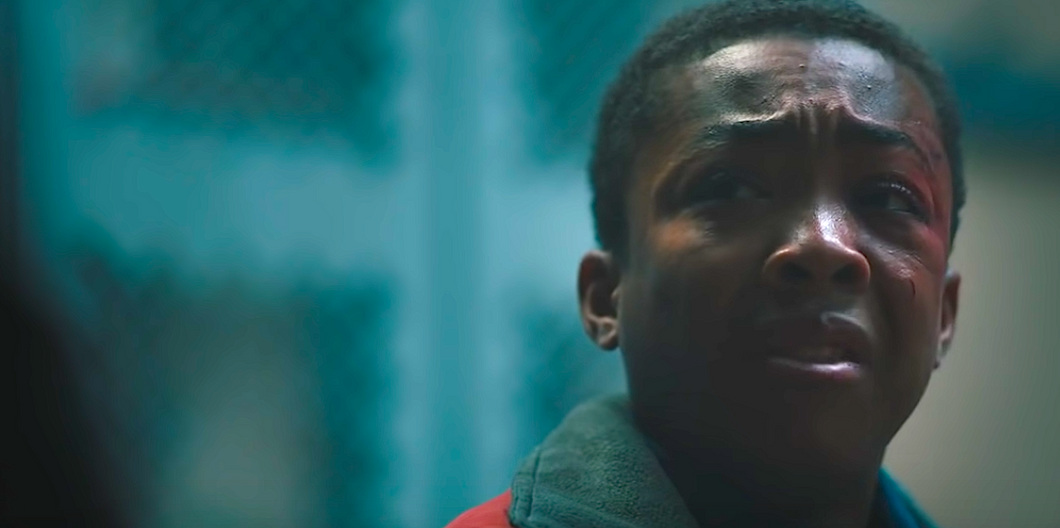Nothing frustrates me more than when I'm reading an article and find myself realizing that this writer did not look into the subject they are writing about AT ALL...and I'm sure a lot of you feel the same. It makes you realize that a lot of journalists and writers in today's society just don't care enough to make sure that the things they write are actually fact.
I can understand the occasional error here and there, we're only human. But when an entire article is littered with mistakes, it just shows how little the media cares about spreading misinformation.
Even though it is the media's job to make sure the information they're spreading is fact, they just don't fulfill that job. Companies just keep smashing the publish button without checking on their writers first. So if the media aren't going to check and make sure they're spreading truth, it unfortunately falls on us readers to do so.
There are two types of people in the world: those who understand the importance of fact-checking, and those who don't. If you're in the latter group, then that's okay. Hopefully, by the end of this, you'll understand why you should always investigate before you publish.
Word of mouth travels far.
When you read these misinformed articles, you retain that "information" and tell others about what you read. For example, say you read an article that said chocolate helps with weight loss. Any person who reads this would think, "Wow that's amazing, I love chocolate and now I have an excuse to eat it!" So you would take this information and tell others of your recent find. Suddenly, everyone is raving about the health benefits of chocolate.
And just so you know, this actually happened! To see if people would believe it, one man wrote up an article about a nonexistent study and sent it to a non-scientific journal to see if they would publish his obviously fake research study. And the journal published it. This led to a few people reading and sharing the article on Facebook, excited about this amazing new diet. Even a few news stations did stories on it, spreading the fake news even farther.
This experiment shows us that word of mouth has a lot of power in today's world. People everywhere believed that chocolate actually helped you lose weight, all because a few people read an article. If we had only dug a little deeper into this, we would have found that hundreds of other studies have proved that chocolate, unfortunately, does not help you lose weight.
No one likes being told they are wrong.
It happens to me all the time, and I'm sure it has happened to you as well, but I hate when I get proven wrong in an argument. Especially when I remember reading something that supported my claims. But as I'm arguing my side, I often realize that maybe I didn't investigate this point enough, maybe the source I had gotten my information from wasn't the best, maybe my claim is just wrong entirely. Either way, one thing is for sure: if I had just looked into this a little more, I probably wouldn't have just gotten destroyed in this argument about that thing.
If you want to avoid looking like an idiot while having a heated discussion with someone, then fact-checking is the best way to do so. If you look into the things you read, you won't be using incorrect information in your arguments. You also have a better chance of convincing someone to see the position from your point of view if you have good facts supporting your side.
It really isn't that difficult to do.
A lot of people don't fact check because they either aren't sure how to, don't know any reliable sites, or think it will be too time-consuming.
And while it sometimes can be difficult to try and figure out what sources are or are not reliable, good fact-checking sites do exist. Two sites that I use are Fact Check and Snopes. These two sites are well known for their incredible accuracy and fairly unbiased points of view. They are very user-friendly, each having a helpful search tool that you can use to search for whatever it is you're trying to find.
The media in this day and age isn't the best. All memes aside, fake news is a real thing that people are finally starting to take seriously. And if you want to help become part of the solution, then please start fact-checking things you read. Otherwise, you'll be taking that misinformation and spreading it around, making you part of the problem.




 Energetic dance performance under the spotlight.
Energetic dance performance under the spotlight. Taylor Swift in a purple coat, captivating the crowd on stage.
Taylor Swift in a purple coat, captivating the crowd on stage. Taylor Swift shines on stage in a sparkling outfit and boots.
Taylor Swift shines on stage in a sparkling outfit and boots. Taylor Swift and Phoebe Bridgers sharing a joyful duet on stage.
Taylor Swift and Phoebe Bridgers sharing a joyful duet on stage.













